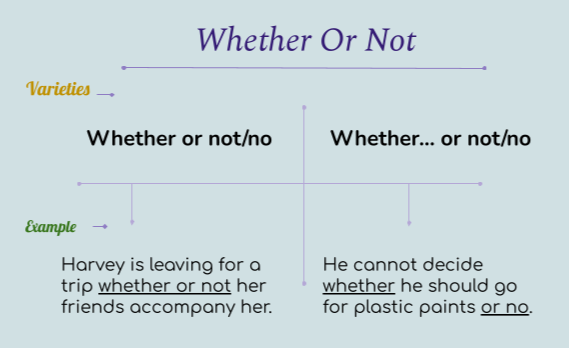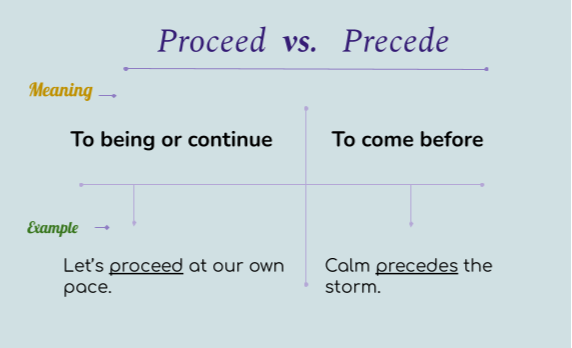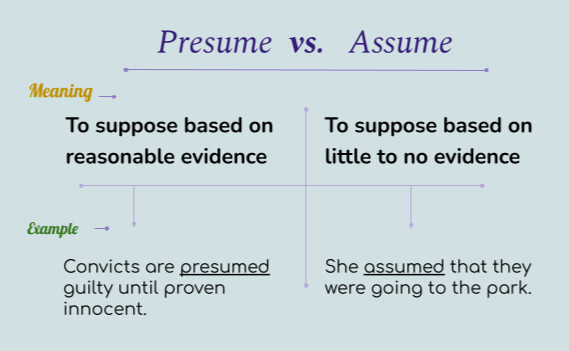Desert vs. Dessert - No More Confusion

Desert is a barren wasteland while Dessert is a sweet dish. They are homophones and that causes confusion. Single and double “s” differences in the middle of the spelling can be visually deceiving which does not help solve the issue.
Desert
It is used as a noun, verb and adjective in the English language but all posit the same or similar sense of emptiness in one way or another.
Desert - (Noun) the dry or frozen region with almost no vegetation and water source.
- The Great Victoria Desert is the largest desert on the Australian continent.
- The Great Victoria Desert is the largest dessert on the Australian continent.
The example above refers to one of the largest wastelands of the world where the sun reigns supreme scorching the sand for miles or the snow blizzards sending the spikes of shivers down the spine. These bare lands are nearly impossible to cultivate and there is always a far cry for running water sources among people trying to cross them on their heavy-duty automobiles or camels.
To desert - (Verb) the act of abandonment or leaving.
- She deserted the apartment in about two hours.
- She desserted the apartment in about two hours or so.
- I am deserting this crowded cafe right now.
- I am desserting this crowded cafe right now.
The examples above determine the act of leaving places and situations which is often the case when there are unfavorable conditions or environments for the people leaving. For example, kidnappers “desert” the abducted in places that cannot be traced back to them while under the cops’ radar.
Deserted - (Adjective) Where there is no sign of life or humans.
- He did not expect the neighborhood to be this deserted.
- He did not expect the neighborhood to be this desserted.
- Deserted areas are not very safe in crime-prone areas.
- Desserted areas are not very safe in crime-prone areas.
A place tagged “deserted” does not have any living being in sight. Absolutely uninhibited places are usually referred to as deserted areas. Figuratively, empty spaces too are called deserted at times. For example, “the houseful movie theater felt deserted without my friends” - the theatre was houseful but seemed deserted so the emptiness here is figurative in nature.
Dessert
Light portion of food that is sweet to taste and taken after full meals is called “Dessert.” Cakes, ice creams, and puddings are among the famous desserts to be devoured after meals. Any sweet dish served on a plate can basically be categorized as dessert.
- I love my desserts more than the actual meals.
- I love my deserts more than the actual meals.
- Caren has such a sweet tooth that she eats desserts as the main course.
- Caren has such a sweet tooth that she eats deserts as the main course.
Sweet dishes are often tempting finishing touches to meals. As these dishes contain sugar in most cases, a smaller portion is served and a nice balance of sweetness is expected.
Difference Between Desert and Dessert
The shared phonetic attributes, as well as the uncanny similarity in the spelling, contribute to the confusion regarding these two homophones. By comparing them side by side it will be easy to determine their differences as well as how and where they are used in the language.
Confusion: The verb “desert” meaning “to abandon” is pronounced identically as the sweet dish - “dessert” spelled with two S’s. All the more reason to get confused while used in speech. In writing, though many cannot differentiate these two all the time, they do not need to. It is easy to get which one is used depending on the meaning of the sentence on the whole.
Let’s have a look at the comparison table below to figure out minute details -
|
Factors |
Desert |
Dessert |
|
Pronunciation (IPA) |
/ˈdɛzət/ (noun), /dɪˈzəːt/ (verb) |
/dɪˈzəːt/ |
|
Parts of speech |
Noun, verb, adjective |
Noun |
|
Meaning |
Waterless region, to abandon, emptiness |
Sweet delicacy |
|
Examples |
The Sahara Desert, the Kalahari Desert etc. |
Ice cream, cake etc. |
|
In sentences |
I have never set foot on a desert. |
He loves chocolate desserts. |
Grammar
Read More
- How to Use "Therefore" in Sentences Avoiding Common Mistakes
- How to Use "Whereas" with Examples and Avoid Common Mistakes
- When and How to Use "Thus" Correctly Without Common Mistakes
- How to Use "On the Contrary" Properly with Meaning and Examples
- When and How to Use "Either/Or" with Examples and Common Mistakes to Avoid
- How to Use "On the Other Hand" Effectively without Mistakes
- How to Use "Respectively" with Example and Common Errors to Avoid
- How and When to Use "Moreover" Without Mistakes
- How to Use "Likewise" in Sentences Based on Context & When not to Use
- When & How to Use "Although" in Sentences to Avoid Mistake




